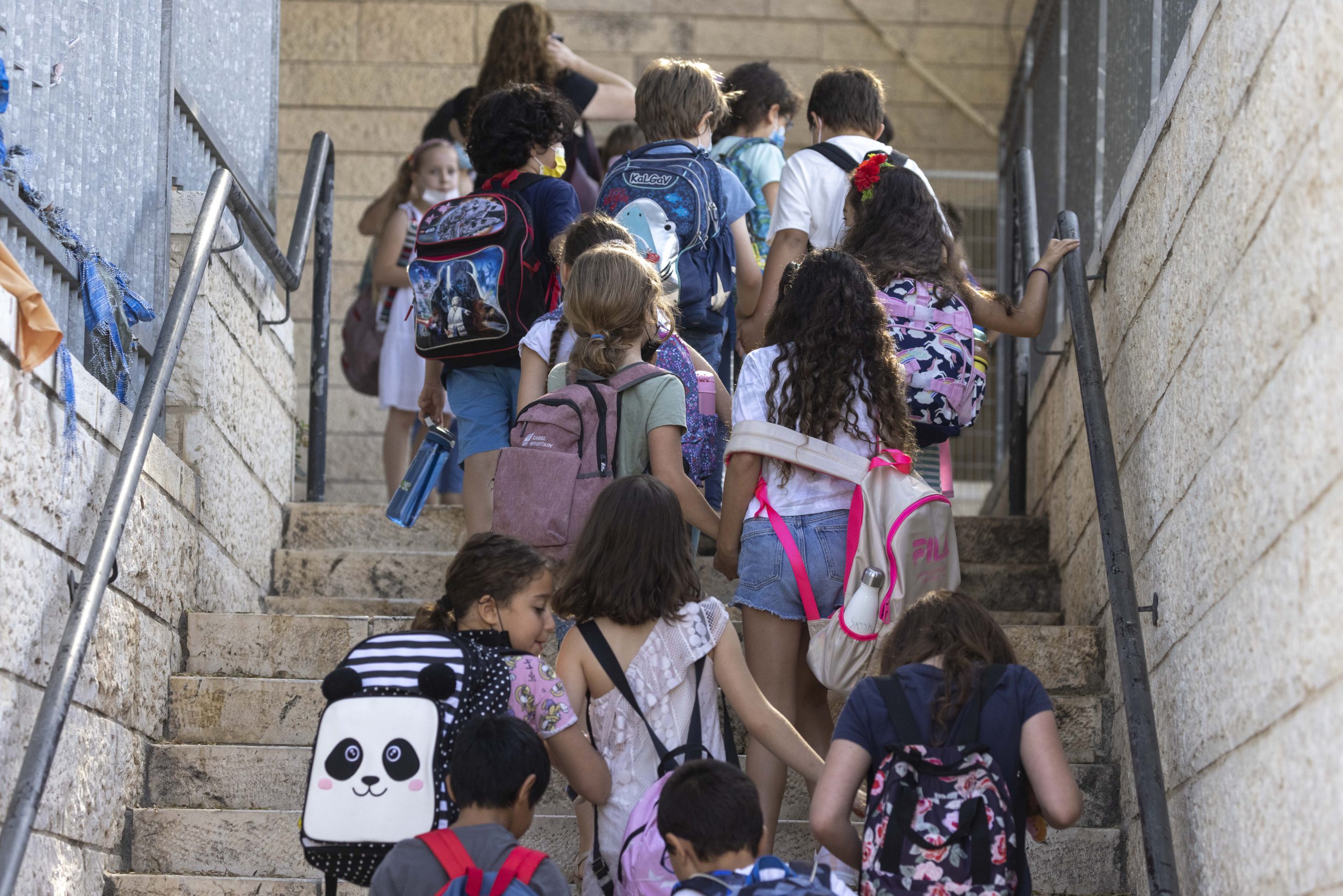Peace, Justice and Strong Institutions


Home » Peace, Justice and Strong Institutions » SDG 16-Will Israel’s New Budget Advance SDGs? – Part 1
SDG 16-Will Israel’s New Budget Advance SDGs? – Part 1
Read Part 2
A month after the Israel government adopted its first budget in three years, this past week the Knesset (parliament) gave initial approval to move forward with the two-year proposal that requires a final parliamentary okay by the start of November (so that the government doesn’t fall).
Will the final result constitute a “social impact budget,” promoting UN SDGs like reduced inequalities (10) and climate action (13)? The Finance Minister expressed his opinion that “this is the most social equality-oriented budget in the state’s history” (we’ve yet to see any independent analysis that substantively refutes this). Bearing this in mind, let’s take a brief look at the budget proposal. According to this and other reports, these appear to be important social impact areas covered:
Underserved Populations – significant budget increases for health care improvements (including the construction of two new hospitals in the periphery); raised allocations for food security, the fight against domestic violence and the enhancement of social services facilities; financing of a new five-year plan to empower the Arab community’s economy; stipends for those with disabilities and the elderly are to be increased to 70% of the minimum wage; an allocation that will enable the absorption and integration of 3,000 immigrants from Ethiopia.


Climate Action – a gradually increasing carbon tax; funding for public transportation infrastructure development; a rush-hour fee on drivers entering Tel Aviv during relevant hours; budgetary prioritization of the Tel Aviv-metropolitan area subway system; a tax on plastic/disposable utensils.
Education – budgets have been upgraded to facilitate the transfer to the Ministry (from other government bodies) the added responsibility for both preschool and higher education frameworks – in addition to existing tasks – creating, for the first time, continuity in the administration of all facets of education in one ministry. Interesting to note that according to early media reports, the Finance Ministry had actually sought to cut this budget – pointing to a steady decline in student achievement in global exams despite significant budget increases in the past decade (the Education Ministry budget constitutes about 8% of Israel’s GDP and is as high as the Defense Ministry’s).
Gender Equality – the gradual increase in women’s retirement age (from 62 to 65) will be accompanied by budgets to finance employment training and scholarships, as well as the extension of unemployment benefits (we’ll expand on this in Part 2).
While the commentary seems to have generally welcomed the new budget, at least one matter of criticism stands out: the significant increase in the defense budget, has been assailed for being excessive, particularly in view of urgent challenges in the civilian area.
Whatever the final approved version, we hope the bottom line ends up advancing the SDGs for the benefit of all. Now more than ever, Israel needs a “social impact budget.”
Related articles


SDG 16-Risking Lives to Save Lives – Israel Flying Aid
Peace, Justice and Strong Institutions Gal Lusky is an Israeli mom with a full-time job out of the home. That is one way of describing


SDG 16- Volunteering as a Way of Life – Part 1
Peace, Justice and Strong Institutions Read Part 2 For historical reasons, there was a time when the mention of volunteering in Israel conjured up memories


SDG 16-Civilian Service – Vital against Corona
Peace, Justice and Strong Institutions Read Part 2 Israel’s National-Civic Service stepped up when most needed during the first coronavirus wave. The current second wave


















